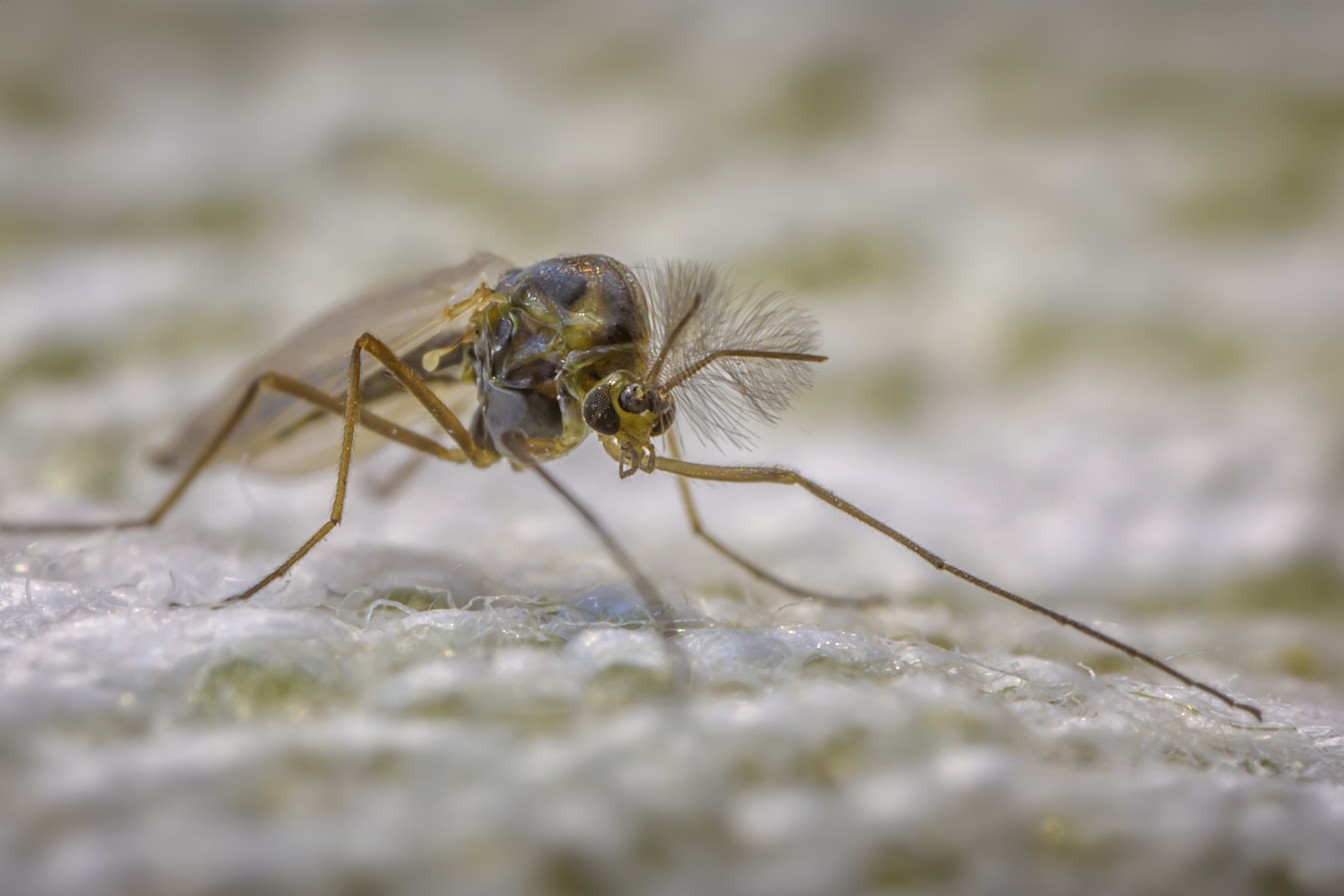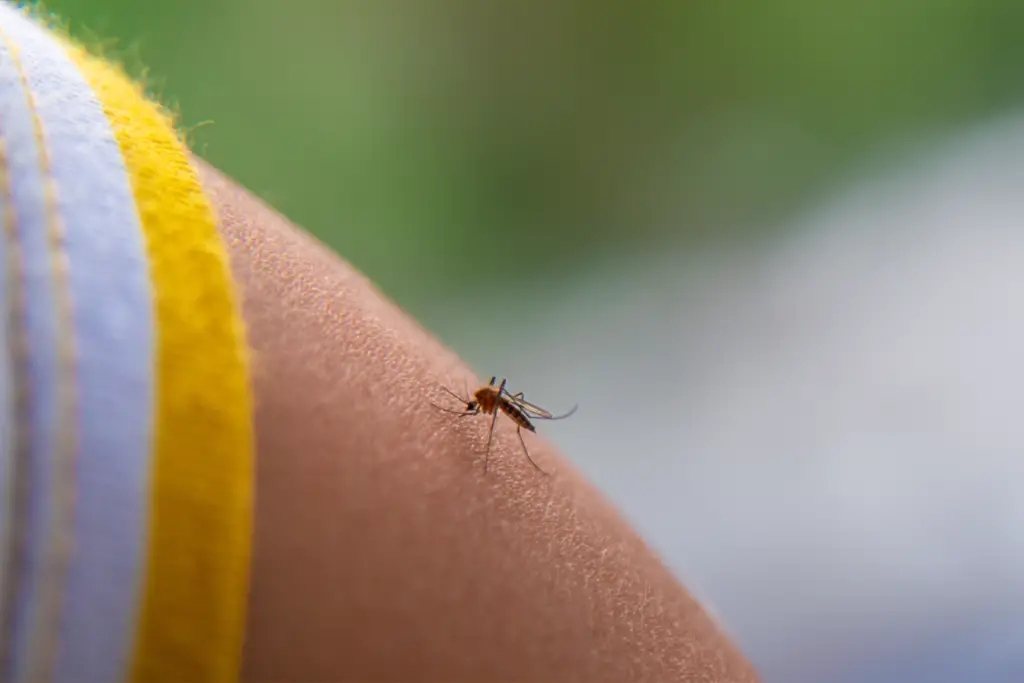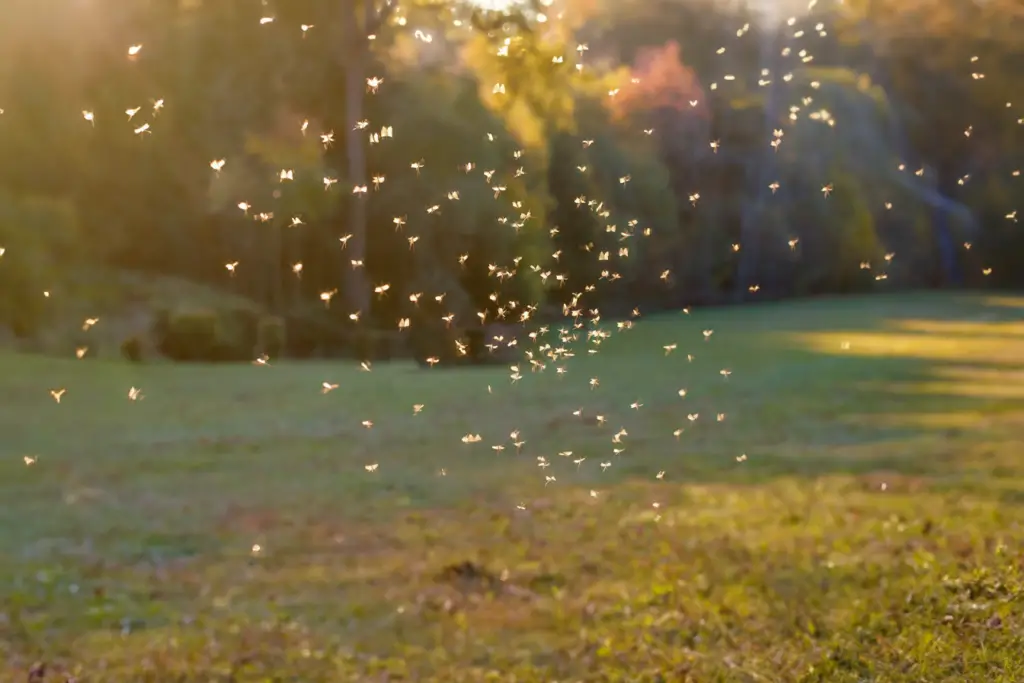
Discovering mosquitoes inside your home can be frustrating. You expect to find these pesky insects buzzing around outdoors, but when they appear indoors, they become a more personal bother. You might wonder how these unwelcome guests have found their way into your home. Commonly, mosquitoes slip in while doors or windows are open, seeking out a cozy environment with accessible water sources to lay their eggs.
Exploring the root causes of an indoor mosquito problem is essential. Mosquitoes are attracted to standing water where they can breed, so they often end up in kitchens, bathrooms, and basements. Your house might also have hidden breeding grounds, like plant saucers, pet water bowls, or even tiny puddles on the bathroom floor. Addressing these potential sources can help curb the indoor mosquito population.
Taking steps to prevent mosquitoes from entering your home is just as important as dealing with the ones already inside. Regularly emptying containers that hold water, using window and door screens, and considering the use of indoor insecticides can make your home less inviting to these insects. If you’ve taken preventive measures and still notice mosquitoes in your home, it may be time to investigate further and possibly seek professional advice.
Causes of Mosquito Infestation
When you find mosquitoes buzzing around your home, it’s often due to specific attractors and entryways. Let’s explore what could be turning your home into a mosquito haven.
Standing Water
Your home could be unwittingly hosting mosquito nurseries if you have standing water. Mosquitoes require as little as a tablespoon of water to lay their eggs, which means overlooked water sources in your home, like flowerpot saucers or pet water bowls, can become breeding grounds. Regularly empty and scrub any items that hold water to halt their lifecycle.
Entry Points
Mosquitoes are adept at finding ways inside. They typically enter through open doors or unscreened windows. Even small crevices can serve as an access point, so ensure proper sealing of window edges and door frames. Installing tight-fitting screens and making use of weather stripping can greatly reduce the chances of mosquitoes slipping into your home.
Outdoor Breeding Sites
Mosquitoes can originate from nearby outdoor breeding sites. Areas of stagnant water, such as ponds, birdbaths, or even clogged gutters, are ideal for mosquitoes to lay eggs. Ensuring these potential habitats are clean and free of standing water can help minimize the population of mosquitoes looking to migrate indoors.
Effects of Mosquito Presence
When mosquitoes invade your space, they bring more than just an irritating buzz; they introduce health concerns, disrupt your sleep, and can even cause damage to your property.
Health Risks
- Disease Transmission: You might associate mosquitoes with itchy bites, but they can also be carriers of serious diseases. Diseases like Zika, dengue fever, and West Nile virus are transmitted by these pests when they feed on human blood.
- Allergic Reactions: Some individuals are allergic to mosquito saliva. This can result in more severe reactions to bites, such as swelling, intense itching, or hives.
Sleep Disturbances
- Noise and Bites: A single mosquito can be enough to disrupt your sleep with its high-pitched whine and biting.
- Restlessness: Being vigilant about potential mosquito bites can lead to insomnia and restlessness, impacting your overall sleep quality.
Property Damage
- Breeding Grounds: If you have standing water in or around your home, it can become a breeding ground for mosquitoes, potentially leading to infestations.
- Indoor Plants: Overwatering indoor plants may entice mosquitoes to lay eggs, thus creating an issue right in your living space, as noted by Orkin.
Prevention Strategies
Implementing effective prevention strategies can significantly reduce the presence of mosquitoes in your house. Focus on managing standing water, sealing entry points, and attracting natural predators.
Water Management
To keep mosquitoes at bay, eliminate standing water around your home. Regularly empty and clean containers, such as flowerpot saucers and pet water bowls, that could serve as breeding grounds. Tightly cover water storage containers so that mosquitoes can’t get in to lay eggs.
Seal Entrances
Ensure that doors and windows are properly sealed. Repair any gaps in window screens and install door sweeps to prevent mosquitoes from entering your home. This is a simple but effective barrier that denies mosquitoes those sneaky entry points they are looking for.
Natural Predators
Introduce natural mosquito predators like fish that eat larvae in ornamental ponds. You can also encourage the presence of dragonflies or install bat houses, as both are known to be effective in reducing mosquito populations. By supporting these natural predators, you are harnessing nature’s own method for mosquito control.
Mosquito Control Methods
Controlling mosquitoes in your home is crucial for your comfort and health. There are several effective methods you can use to reduce or eliminate these pests.
Chemical Treatments
Chemical treatments include using insecticides that can be applied in various formats, such as sprays and foggers. For indoor use, it’s essential to select products that are safe for indoor application. Products like indoor space sprays can be particularly effective at killing adult mosquitoes, while insect growth regulators (IGRs) can prevent larvae from maturing.
Mechanical Traps
Mechanical traps lure mosquitoes with light, heat, or carbon dioxide before trapping or killing them. Devices such as UV lamp traps and fan-based traps are usually easy to use and can be placed indoors where mosquitoes are frequently spotted. Consistent use of mechanical traps can significantly reduce the mosquito population over time.
Professional Extermination
If the mosquito problem in your home is severe, professional extermination may be necessary. Exterminators can provide comprehensive services that include identifying breeding grounds, applying stronger insecticides, and advising on long-term prevention strategies. Contacting a professional ensures that you are getting an expert solution tailored to your home’s specific needs.
Frequently Asked Questions
When you’re dealing with mosquitoes in your house, you likely have questions about quick elimination, understanding their attraction to your home, and effective long-term solutions. Let’s explore some of the most common queries.
How can I quickly eliminate mosquitoes in my home?
You can promptly address mosquitoes in your home by using indoor insecticides specifically designed for these pests and installing window and door screens to keep them out. Additionally, consider using a fan to disrupt their flying patterns.
What causes an influx of mosquitoes in my home at night?
Mosquitoes are attracted to carbon dioxide, body heat, and certain body odors, which are more noticeable at night when your home is typically darker and cooler. Keeping windows closed or using well-maintained screens can help prevent their entry into your home.
What draws mosquitoes to the indoors?
Your house becomes attractive to mosquitoes due to the presence of standing water where they can breed, like from overwatered plants or pet water bowls. Eliminating these water sources indoors is key to reducing their indoor presence.
Is it common to have mosquitoes in the house during winter?
It is less common, but possible, as mosquitoes can enter diapause, a form of hibernation, or may find warm spots within your home to survive. Sealing off entry points and reducing indoor moisture can deter them from settling in your home during the colder months.
What’s the best way to find and destroy a mosquito nest inside a home?
Mosquitoes don’t create nests, but they lay eggs in standing water. Look for areas with water, like trays under house plants or stagnant water in drains, and eliminate these breeding grounds to stop them from multiplying.
What steps can I take to deal with tiny mosquitoes in my living space?
Tiny mosquitoes can often be managed by ensuring there’s no stagnant water available for breeding. Regularly changing water in flower vases, cleaning gutters, and using mosquito traps can significantly reduce their numbers in your living space.
Driven by a passion for those tiny creatures that rule our world, we at Bug Domain strive to be your go-to resource for information on insects.



